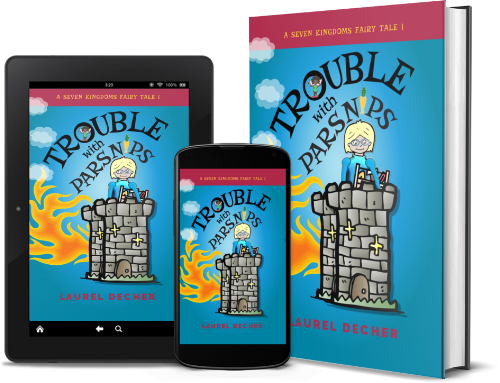
Salt? Or Sugar?
The charming village of Monschau is in Germany, but Americans and Belgians fill it up on busy days. It’s very close to the Belgian border and so charming that it draws Americans from much further away.
It’s a mix of cultures. I overheard this classic exchange in a café:
An American tourist picks up the glass dispenser from the café table and shakes it. “Salt or sugar?”
Her companion says, “Sugar. No one eats that much salt.”
My German husband and I have been married 29 years, so I’ve forgotten things I didn’t know when I first came to Europe. This exchange resonated with me. I’ve heard it many times before. We don’t realize how much our cultures influence us until we leave home.
When we were first married, we met someone who was researching communication and conflict among international couples.
“How do you know if it’s cultural or if it’s personal?” I asked.
“Couples from the same pairs of countries say the same things,” she* said, somewhat dryly. “When you hear the same thing again, you know it’s cultural, not personal.”
Obvious to anyone outside the marriage. Impossible to see from inside an international marriage. Two mini-stories:
We hadn’t been married a month when I asked my new husband if he’d like to take out the trash. “No,” he said, taking what I’d said at face value.
Another time, we watched TV with relatives in a tiny living room. I didn’t realize I was blocking anyone’s view, so when someone asked if I could see all right, I said, “Yes, thank you” and sent the whole room into laughter.
Learning to ask for what you need is challenging in any culture and is less tied to language than we think.
My mom once pointed out how children change their tactics when they reach school age. Babies and toddlers can point at what they want without being impolite or use brand-new words to demand something.
But once we have language skills, no one gives us credit for plain words any more. Older children have to gaze longingly and hope someone notices and offers it to them.
*I really wish I knew this researcher’s name, because I’d love to read her work. If anyone else knows, let me know in the comments or send me an e-mail.

How do kids learn to communicate?
We know children need help to learn language, but it’s easy to think that some kids are born knowing how to communicate and others are “shy” and will never learn.
The first Seven Kingdoms Fairy Tale**, Trouble With Parsnips, is about a princess who is puzzled because people don’t seem to hear the important things she has to say. She’s moved on to become an inventor instead.

